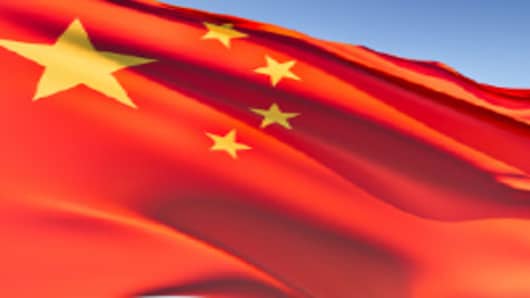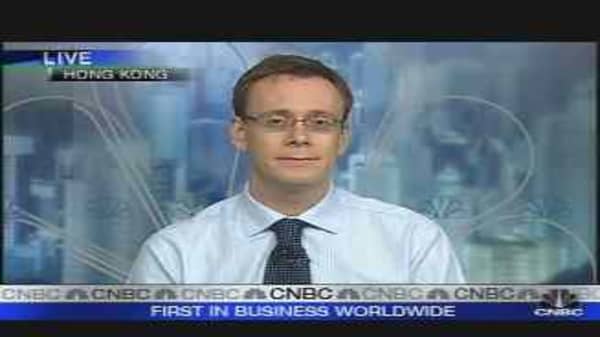The numbers pointed to pressures seeping beyond food items, where annual price rises were still highest, up 18.2 percent in November, to the broader economy, from utilities to travel costs. The non-food consumer price index climbed 1.4 percent in November year on year, above the 1.1 percent increase in October, and the sharpest rise this year.
"That's more of a source of concern, an indication that there's more tightness in commodity markets in China and of possible overheating," said David Cohen, economist at Action Economics in Singapore.
Full-year consumer price inflation is likely to register a rise of about 4.7 percent, which would be the highest since 1996, chief economist of the National Bureau of Statistics, Yao Jingyuan, said on Tuesday.
More Tightening
Last week China's top leaders announced they would shift to a "tight" monetary policy from what they called a decade-long "prudent" stance. The stubbornly high consumer price inflation should reinforce their determination, analysts said.
"We expect the central bank to respond to the strong inflation data with additional tightening measures," Yu Song, Goldman Sachs economist in Hong Kong, said in a note to clients.
On Saturday, the central bank raised the proportion of deposits that banks must hold in reserve by a full percentage point to 14.5 percent as part of its drive to tame credit growth and inflation.
It was the tenth reserve requirement increase this year by the central bank, which has also raised interest rates five times in 2007.
China's exports grew at 22.8 percent in November from the same period a year ago, while imports climbed 25.3 percent, both figures broadly in line with the pace set in October.
"Even though China's exports to the U.S. have slowed down, its exports to the Eurozone and the Middle East and other non-traditional markets have held up really well," Tao Wang, chief economist at Bank of America in Beijing said.




